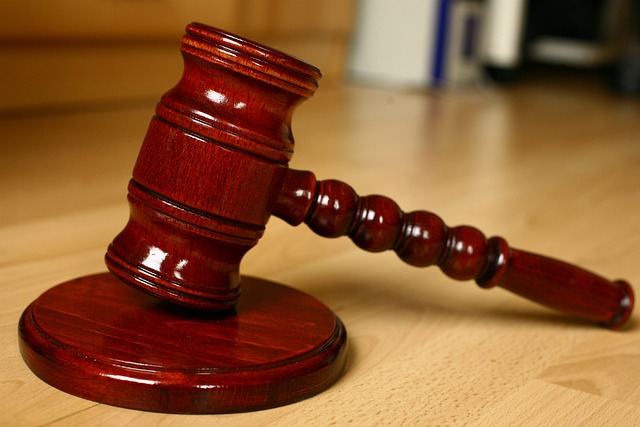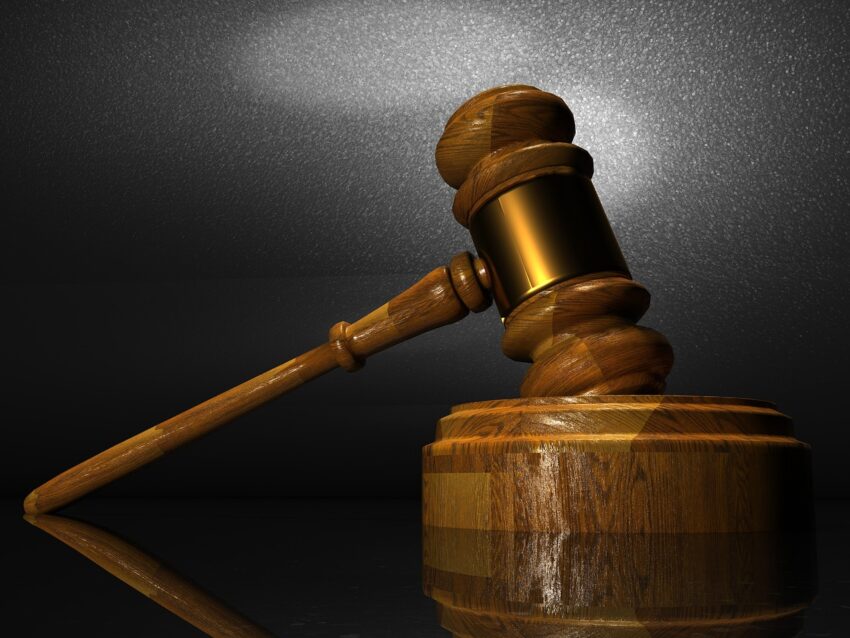Why We Need Independent Coroners
“Sensitive cases, such as police shootings and police-encounter deaths, jail and prison deaths, deaths in public institutions, and others, require an unbiased death investigation that is clearly independent of law enforcement.”
So read a conclusion in the National Research Council’s 2009 report on Strengthening Forensic Science in the United States.
Coroners* are responsible for death investigations in “sensitive cases,” the kind that end up in a courtroom. Part 1 of this series looked at the coroner’s role in court, sometimes as a fact or expert witness, sometimes behind the scenes. Part 2 takes a brief look at independence of coroners in America, an essential element of a fair and equitable justice system.
* “Coroners” in this post refers to both coroners and medical examiners.
Laws vary, coroner independence varies
It’s been fifteen years since the National Research Council issued its report. A lot has happened since then, including the murder of George Floyd. That death investigation once more raised serious concerns about the independence of coroners.
Are coroners performing unbiased death investigations independent of law enforcement now? The answer, of course, is “it depends.” That’s because coroner independence varies wildly from state to state and even from county to county within some states.
Coroner evidence is critical to the justice system
Proper collection and preservation of death investigation evidence is critical to the criminal and civil justice systems. Evidence from coroners’ offices includes bodies, blood and other body tissues, DNA samples, sexual assault kits, and more. A lack of resources, training, written policies, or accreditation in a coroner office should raise questions about that evidence. So should too close a relationship between a coroner and a prosecutor or law enforcement officer. It’s surprising that defense attorneys rarely explore potential weaknesses like these when defending their clients in court.
Perception is Reality
The public and the media often perceive coroners as being aligned with the prosecution when it comes to certain types of deaths. The ensuing mistrust is reflected in requests for second (independent) autopsies, public protests, and civil lawsuits.
As coroner in a case involving the sudden and unexpected death of a prisoner, I investigated with a full autopsy, extended toxicological testing, and additional specialized tests. Nevertheless, the decedent’s family sent his body to a medical examiner in another state for a second autopsy (which confirmed my findings). To the family, I was another elected county official, possibly under the influence of District Attorney who had been prosecuting their son. Nothing could have been further from the truth, but perception overruled reality.
In my state (Pennsylvania), most coroners are independent elected officials. If perception is negative here, how much worse is it in states where there is no separation between coroners and prosecutors or law enforcement?
When the coroner is the sheriff
California is one of three states in which the sheriff is also the coroner in some counties. A University of Southern California study found that sheriff-coroner counties significantly underreport police-involved homicides compared to counties where the two functions are separate. In 2022, prompted by the controversial death of Angelo Quinto, a California legislator proposed AB 1608, a law that would have separated the two functions in all counties. Since the bill failed to pass, activists have had to take a county-by-county approach.
Riverside County, CA, one of the state’s largest counties, has a combined sheriff-coroner office. The sheriff’s department, which has a one-billion-dollar budget, is currently under investigation by the state Attorney General’s office. The investigation follows a sharp rise in inmate deaths in 2022, which is prompting calls for separation of the coroner function from the sheriff. A recent op-ed in a Riverside County newspaper said the current system “undermines justice and erodes public trust, especially in cases of law enforcement and in-custody deaths.”
When the coroner is the prosecutor
Currently in Washington State counties with a population of fewer than 40,000 the elected prosecuting attorney is also the county coroner. In 2021 the state passed a law separating the two functions effective January 2025. With the deadline approaching, smaller counties in Eastern Washington have been pushing back against reforms, which also include stricter death investigation training. Washington HB2132 remains under consideration at this time.
Can elected coroners be independent?
Elected coroners technically are independent. But, especially in smaller counties, their election or re-election often depends on the support of more politically powerful officials including District Attorneys.
The reality is that an individual coroner’s policies and personal integrity play a role in how they approach the “sensitive cases” referenced in the National Resource Council report.
Currently Tim Warco, the Republican Coroner of Washington County, PA, is in a dispute with Jason Walsh, the county’ Republican District Attorney, over a fatal police shooting. Walsh declared the officer’s actions justified and refused to file charges in the 2023 case. Warco later held a coroner’s inquest and recommended the officer be charged with involuntary manslaughter. Walsh, calling the coroner’s inquest “theatrical nonsense,” then retaliated by executing search warrants on both the coroner and his solicitor.
Quoted in the TribLive, Warco said “It’s not political for me. I speak for the dead and their families. I have a responsibility to the decedent, the family and the public to tell them what’s happened.”
Independent coroners: what’s the verdict?

A fair and equitable criminal justice system demands medicolegal death investigations be independent from law enforcement and prosecutor offices. In reality, little has changed since George Floyd’s murder put medicolegal death investigation in the spotlight.
While other valid questions exist concerning elected coroners, in most cases they at least have the potential to act independently. Partly it’s up to the voters to pay more attention to the person they elect to oversee death investigations. But in the end, as Louis Cataldie wrote in his book Coroner’s Journal: Forensics and the Art of Stalking Death, it comes down to integrity.
